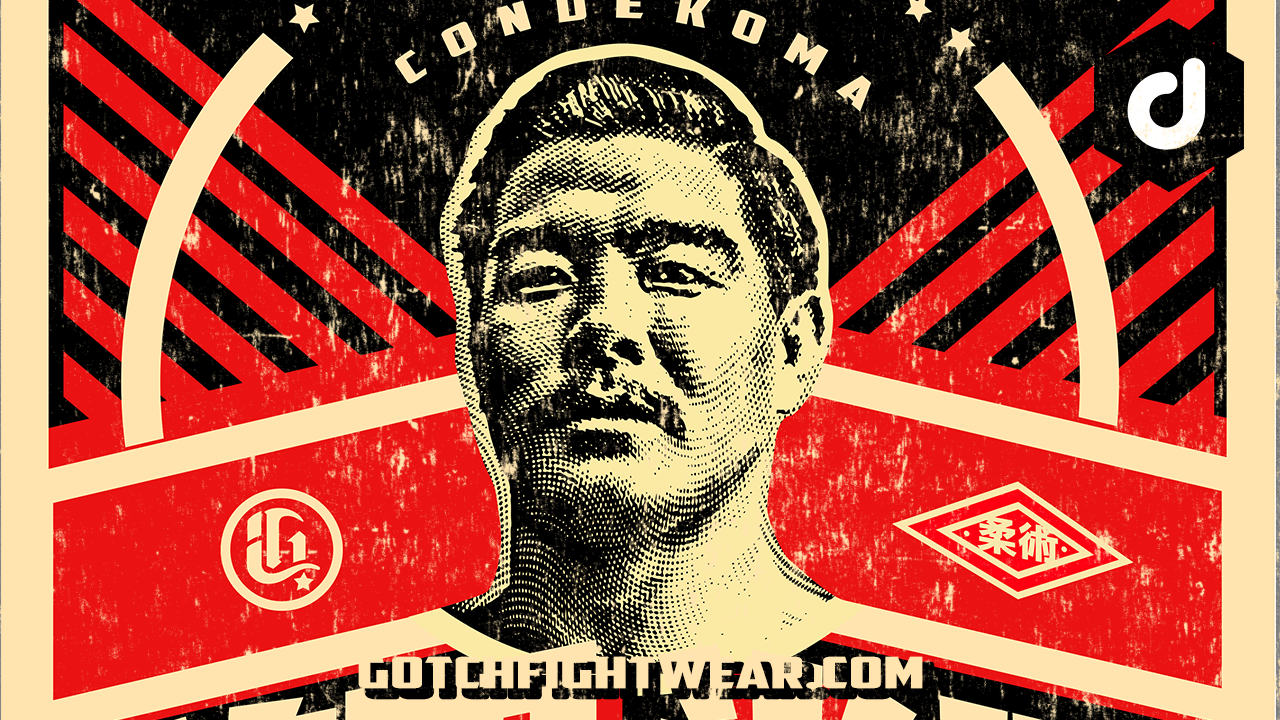Mitsuyo Maeda is widely known as one of the key figures in the introduction of Judo, also known as Kano Jiu Jitsu, to Brazil.
Maeda, popularly known as Conde Koma, meaning “Count Combat”, was a proud practitioner and ambassador of the system developed by Jigoro Kano. If you haven’t watched my video “Interview with Mitsuyo Maeda“, where Maeda himself addresses this subject, please check it out, the link is in the description.
On his arrival to Brazil, the Japanese grappler continued his active career, engaging in challenge matches, teaching, and organizing tournaments. This and his worldly reputation earned him respect and admiration in the South American country. I will paraphrase for you this short piece from the “Theater and Sports Journal” dated April 10, 1915, to illustrate what was going on at the time:
Renown Professor, Count Combat, a distinguished and sympathetic figure, is in Rio for some days leading a troupe of JuJitsu Professionals from Japan.
The courageous sportsman recently visited the Minister of Japan. The Minister wanted to reciprocate the visit but didn’t know where Maeda was staying, so he met him at the offices of Paschoal Segreto, a company that Maeda frequented, and one of his sponsors for the 2nd Brazilian Jiu Jitsu Championship.
In one of my next videos I’ll elaborate on this Japanese Squad, the Maeda Open Challenge and some of the first Brazilian Jiu-Jitsu practitioners, but in this short video I thought it would be interesting to show you the official ruleset introduced by Maeda for his tournaments, which consisted of these 10 rules:
1) Every competitor must show up clean, with trimmed finger and toenails.
2) Competitors must wear a Kimono that will be provided by Maeda.
3) Biting, scratching, punching and headbutting are not allowed.
4) If you use your foot, always use the inside curve. (I can imagine this was meant to prevent competitors from kicking when attempting standing leg sweeps.)
5) You don’t lose by having your back against the ground even if it’s the result of a takedown.
6) To accept defeat you have to tap 3 times.
7) Verbal taps are also acceptable. If the competitor is unable to tap, both the Referee and the Judges can make the call.
8) Each match will consist of rounds of 5 minutes with 2 mintues of rest. The field judge has to count the minutes out loud to keep the audience informed.
9) If the competitors fall outside the mat, the referee will reset them, standing, in the center.
and 10) The judges can substitute the referee in his duties.
The specific competition this news article is refering to was held on April, Saturday and Sunday 10 and 11, 1915 in the Carlos Gomes Theater in Rio de Janeiro.
Don’t forget to check out the latest T-Shirts from Gotch Fightwear. Shipping to the UK and Germany is now available.

